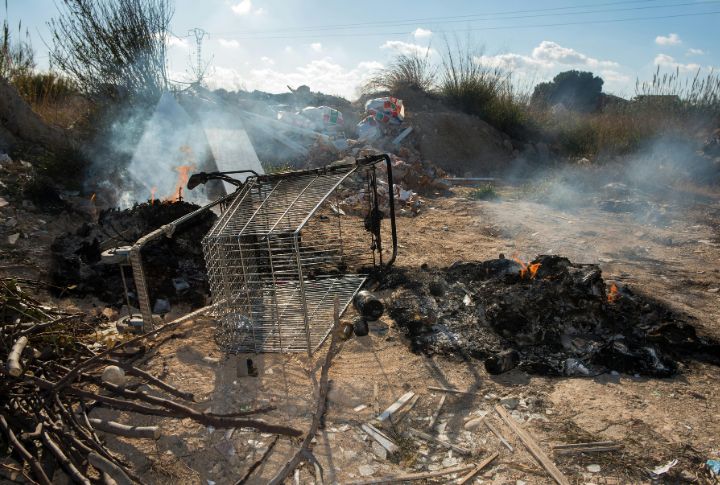
Owning a home doesn’t mean total freedom. Believe it or not, there are numerous things you’re no longer allowed to do on your property, even seemingly harmless ones. This article uncovers 10 such restrictions and explores their impact on the concept of property ownership.
Hosting A Home Farm With Certain Animals

Forget “Green Acres.” Many cities ban livestock like chickens and goats in residential yards through zoning laws. Exceptions may exist for animals designated as “therapy pets.” In some places, neighbors can even report rule-breakers through online complaint forms. So, your home farming dreams might face unexpected hurdles.
Setting Up A Backyard Shooting Range

Many homeowners assume they can shoot guns on their property. However, numerous municipalities prohibit discharging firearms within city limits, regardless of land ownership. Ohio also allows cities to restrict commercial firearm sales and sometimes range activities in residential areas. Backyard ranges are generally legal only in rural areas with significant acreage.
Collecting Rainwater

Collecting rainwater on your property isn’t always straightforward. Regulations exist in some areas to manage water resources and protect downstream users. These restrictions can limit how homeowners collect rainwater. While some municipalities offer rebates for rain barrels, they require inspections. The question of who owns rainwater has even sparked legal battles all the way to state supreme courts.
Renting Out A Home On Airbnb

Earning extra cash by renting your home on Airbnb? Local laws are cracking down. Permits are often mandatory for short-term rentals, with some areas limiting the total rental days per year. In fact, illegal rentals can incur daily fines, as cities deploy online detectives to enforce regulations.
Burning Leaves Or Trash

Surprise! Burning leaves or other yard waste might now be against the rules. Many municipalities ban or heavily restrict open burning to reduce air pollution and the risk of accidental fires. Some allow burning only on specific “leaf collection days.” Authorities sometimes also use satellite technology to spot illegal burns.
Building A Large Shed Without A Permit

That dream shed will need more than weekend trips to the lumber yard. Local rules often demand permits for large outbuildings. Setback rules even dictate distances from property lines, and some places want blueprints for small storage sheds. You won’t believe how many TikTok videos have exposed such unpermitted construction.
Planting Certain Types Of Trees

Local regulations can significantly impact tree planting on your property. Certain species might be prohibited due to their invasive nature or potential damage to infrastructure, like sidewalks and power lines. These restrictions aren’t always recent developments. In fact, some tree bans have existed for over a hundred years, particularly in older cities. Specific permits are necessary even for trimming “heritage trees.”
Painting Your House Any Color You Want

Believe it or not, your home’s exterior color is not entirely yours to decide. HOAs often dictate acceptable shades, sometimes drawing from “historically accurate” records, and violations can lead to fines. While some homeowners bristle at these rules, others appreciate the neighborhood aesthetic they create. Safe to say, neon colors are usually a no-go.
Putting Up A Tall Privacy Fence

Before building a privacy fence, check local zoning laws. Height and material restrictions are common, and corner lots have lower limits for driver visibility. Disputes over “spite fences,” built to annoy neighbors, have even triggered new regulations. Shared fences might also need written permission from your neighbors.
Hosting Loud Parties

Think twice before throwing that rager. Cities enforce noise ordinances, and some places prohibit amplified sound outdoors after 10 p.m., regardless of the homeowner’s wishes. Police can use decibel meters to measure noise, and your property could be labeled a “party house” for years if you’re a repeat offender.

